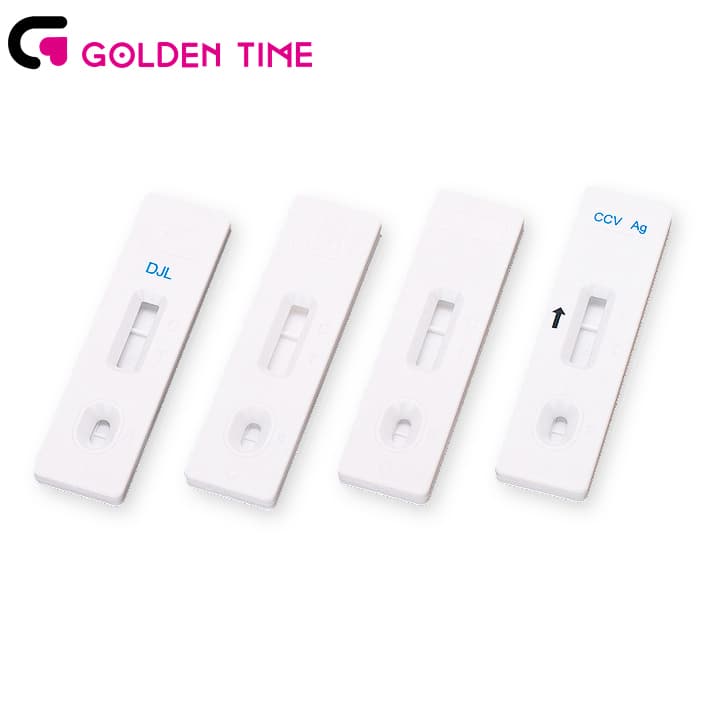Dec . 05, 2024 07:00 Back to list
Where to Purchase Reliable Pregnancy Test Strips Online for Accurate Results
Understanding the Importance of Buying Pregnancy Test Strips
Pregnancy test strips are widely available and increasingly popular among women who suspect they may be pregnant. These at-home testing kits enable individuals to determine their pregnancy status privately and conveniently. The main ingredient in many pregnancy tests is a hormone called human chorionic gonadotropin (hCG), which the body produces shortly after a fertilized egg implants in the uterus. If you're considering buying pregnancy test strips, it’s important to understand their functionality, types, and purchasing considerations—all of which we will discuss in detail.
How Do Pregnancy Test Strips Work?
Pregnancy test strips work by detecting the presence of hCG in a woman's urine. When a fertilized egg implants itself in the uterine wall, hCG levels begin to rise, typically becoming detectable within one to two weeks after conception. The test strip usually consists of a test line and a control line. When you apply urine to the strip, the hCG will bind to specific antibodies on the test area. If hCG is present, a colored line will appear in the test region, indicating a positive result. If no line appears in the test region but a line appears in the control region, the test is negative. If neither line appears, the test is invalid.
Types of Pregnancy Test Strips
When buying pregnancy test strips, one of the first decisions you’ll have to make is which type to choose. There are several variations available
1. Standard Test Strips These require a urination cup. You dip the strip into your collected urine. They are often the most affordable option.
2. Midstream Test Strips These are designed for direct urine exposure. You hold the test strip in your urine stream, making them user-friendly and less messy.
3. Digital Tests While not technically strips, digital tests offer the added benefit of providing a clearer result. They display Pregnant or Not Pregnant on a digital screen, eliminating confusion over line visibility.
Where to Buy Pregnancy Test Strips
buy pregnancy test strips

Pregnancy test strips can be easily found in a variety of places. Local pharmacies and grocery stores typically stock them in their family planning or health sections. Many retailers carry multiple brands, including popular names like Clearblue, First Response, and EPT. Additionally, online retailers such as Amazon, Walmart, and specialty health websites offer a sprawling selection, often with the convenience of home delivery. Shopping online may also provide the benefit of reading customer reviews to help guide your decision.
Factors to Consider When Buying
When purchasing pregnancy test strips, several factors should influence your choice of brand and type
1. Sensitivity The sensitivity of a pregnancy test determines how early it can detect pregnancy. Tests with a sensitivity of 25 mIU/ml are generally reliable, while those with 10 mIU/ml can detect earlier pregnancies.
2. Cost While many brands offer reliable results, prices can vary significantly. Compare costs and consider bulk purchases if you think you might need to test multiple times.
3. Ease of Use If you prefer simplicity, opt for midstream tests that do not require the use of a collection cup.
4. Expiration Date Always check the expiration date before buying. An expired test may not give accurate results.
5. Reviews Online reviews can provide insights into the effectiveness, accuracy, and ease of use of various brands.
Conclusion
Buying pregnancy test strips can be an important step for any woman contemplating pregnancy. Understanding how these tests work, the different types available, and factors to consider when purchasing can help ensure that you use the product effectively. Regardless of what method you choose, it’s crucial to follow the instructions carefully for the most accurate results. If you receive a positive test result, consult with a healthcare professional to confirm your pregnancy and discuss your options moving forward. Remember, knowing your pregnancy status can significantly impact your next steps, whether it’s planning or consideration for healthcare.
-
Reliable Early Pregnancy Test Kit Supplier - Multi Plastic Cassette Options
NewsJul.30,2025
-
Transferrin Rapid Test Cassette – Reliable Tumor Marker Detection
NewsJul.29,2025
-
Accurate Follicle Stimulating Hormone Test Kit | Rapid Reliable Results
NewsJul.29,2025
-
High Accuracy LH Ovulation Test Kit - Digital Results & Wholesale Options
NewsJul.29,2025
-
HbsAg Blood Rapid Test Kit for Fast & Accurate Hepatitis B Detection
NewsJul.28,2025
-
Sterile Urine Cup for Safe & Easy Collection | High-Quality Specimen Cups
NewsJul.28,2025

